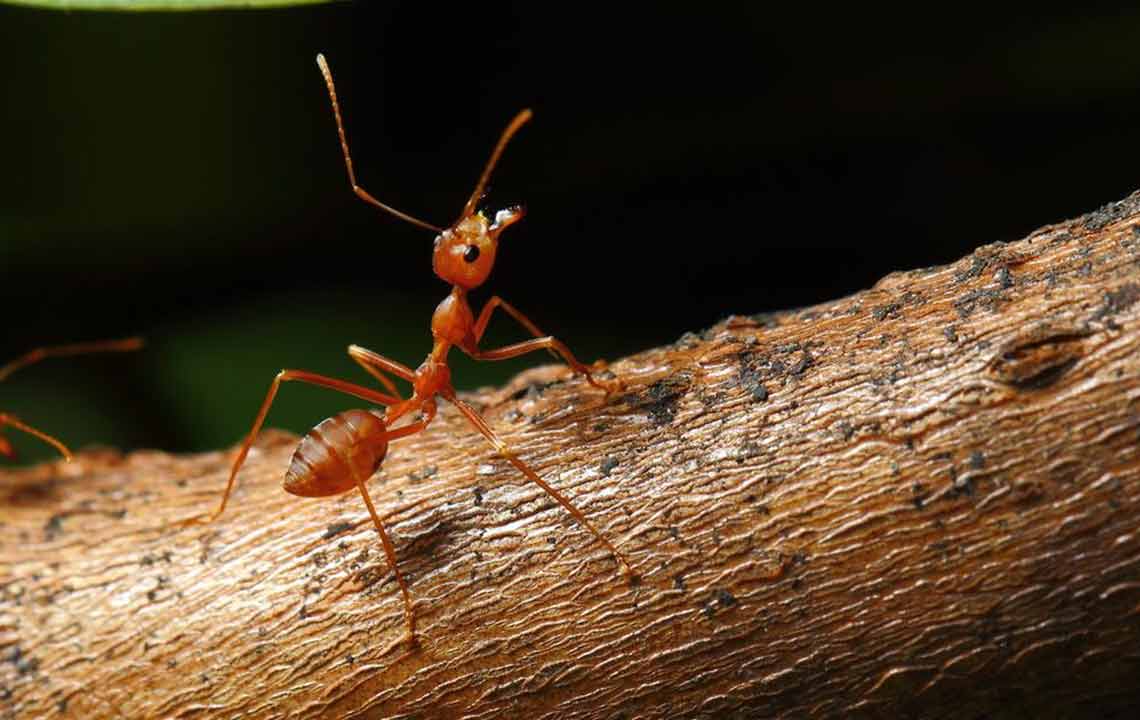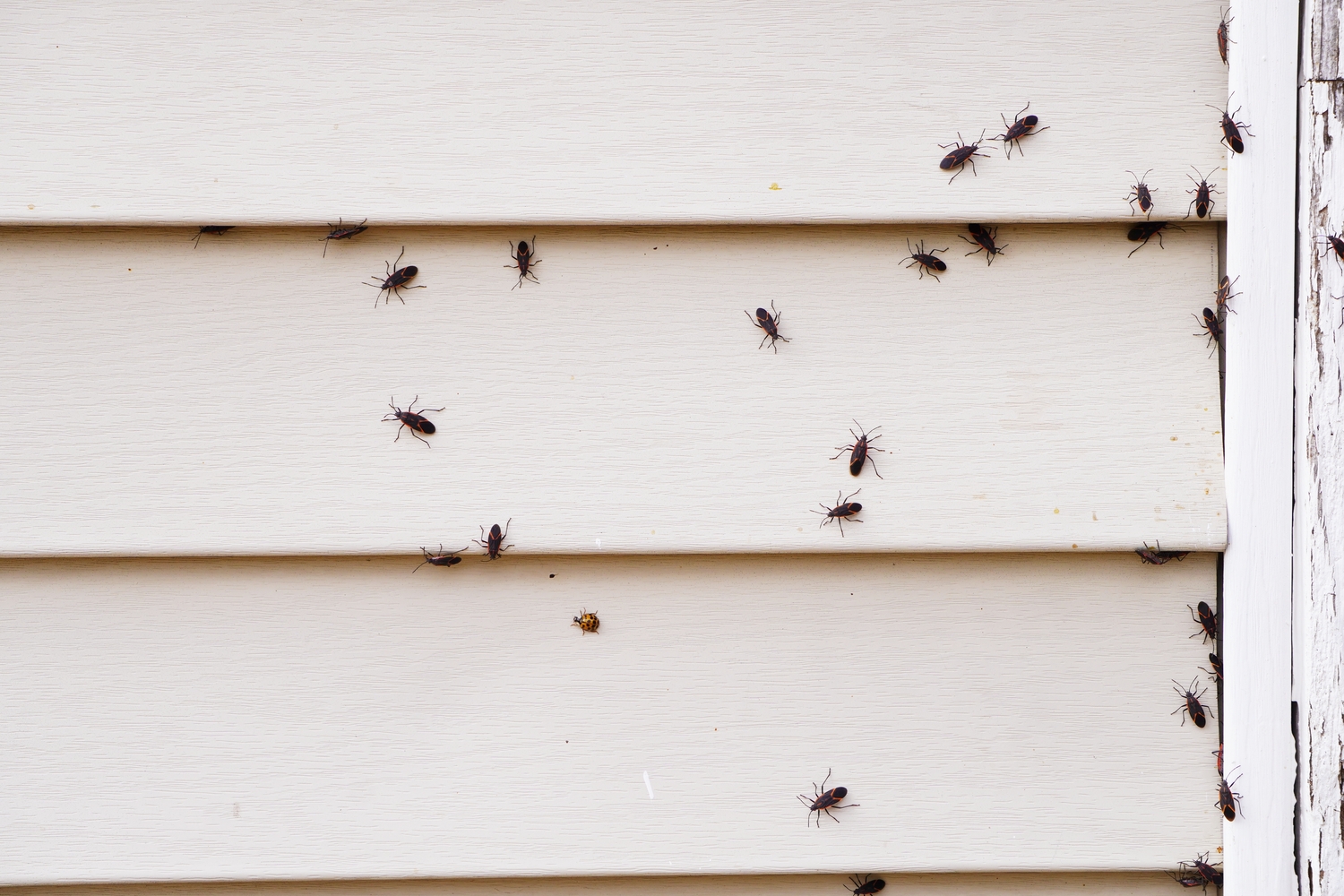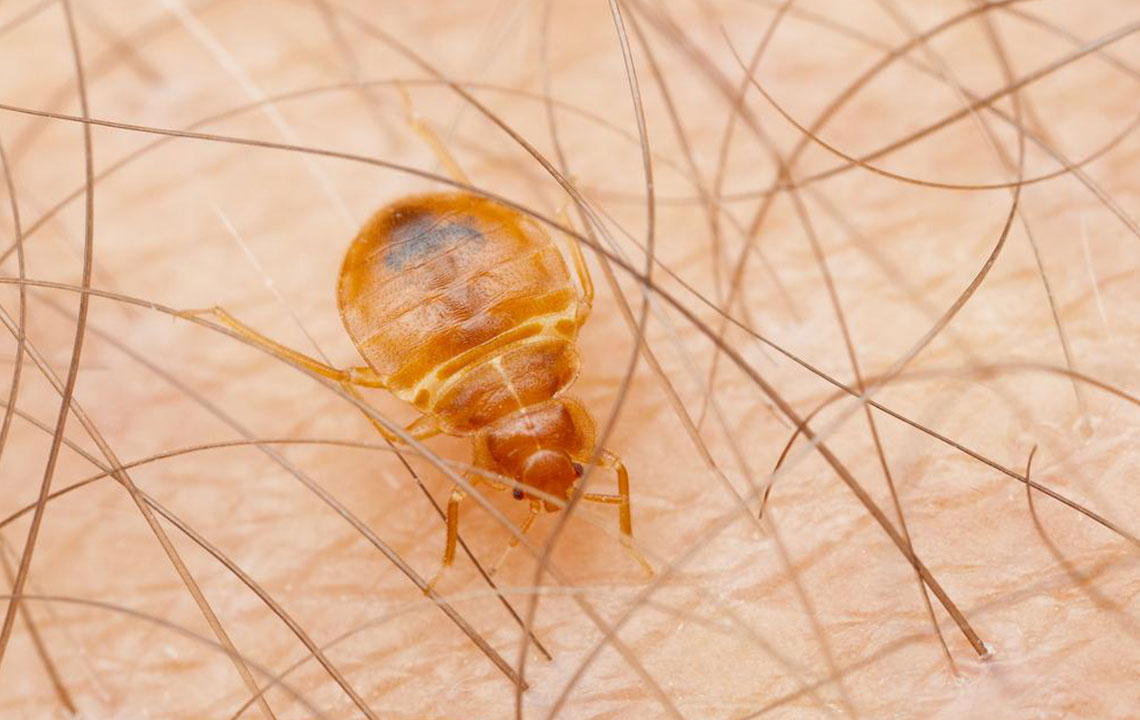Identifying and Treating Fire Ant Bites at Home
Learn to identify fire ant bites and discover effective home remedies to soothe the pain and manage symptoms. Recognize signs requiring medical attention and prevention tips to avoid stings. This guide offers practical advice for dealing with fire ant encounters safely and effectively, ensuring quick relief and reduced risk of complications.

Signs and Effective Home Remedies for Fire Ant Bites
Fire ants are aggressive insects capable of stinging and causing painful bites. Their bites often result in itchy, inflamed skin that can persist for hours or days. For allergy sufferers, the symptoms may intensify, leading to more serious reactions. Most fire ant stings resolve without medical intervention, but they pose risks to both humans and animals if encountered. Recognizing the symptoms is key to managing bites properly.
The bite site typically appears as red pustules, differing from typical insect bites like mosquito hives. Severe reactions, such as nausea, difficulty breathing, or loss of consciousness, may require urgent medical attention—especially for allergic individuals.
The distinctive mark after a fire ant sting is a red bump that may look like a pimple filled with pus. To alleviate discomfort, several home remedies can be employed:
Rinse with Water and Aloe Vera – Clean the affected area immediately with cold water and apply aloe vera gel to soothe the skin and lessen itching. Cover the area with a cotton pad and bandage to prevent scratching.
Use a Cold Compress – Applying a cold pack for 20-30 minutes reduces pain and inflammation while calming the itching sensation.
Apple Cider Vinegar – The acidity helps neutralize allergenic proteins from the sting and has antiseptic properties that decrease swelling and redness.
Oatmeal Bath – Adding oatmeal to warm water for an soak can relieve irritation, especially during intense reactions. Repeating this treatment over several days can aid recovery.
Avoid fire ant colonies to prevent stings. If you find nests or trails near your home, seek professional pest control or exercise caution if attempting self-treatment.










